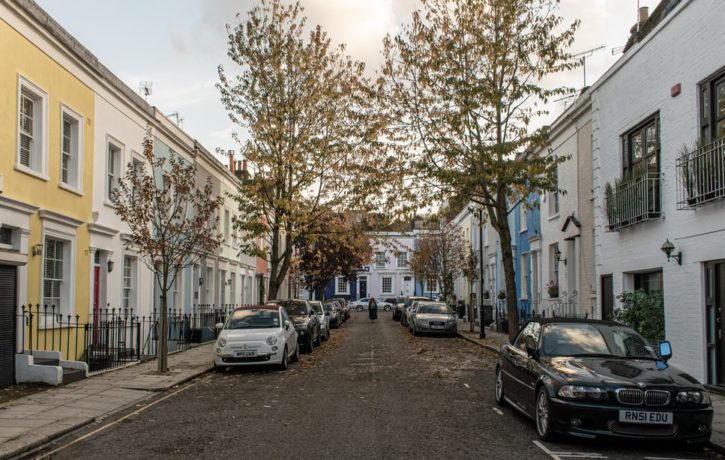In light of the Coronavirus outbreak, a lot of our cars aren’t moving from the driveway, street, parking lot or garage. Vehicles that are stationary for long periods of time, particularly when they were previously used on a regular basis, can be subject to a number of issues in the future ranging from a flat battery to seized brakes. Taking care of your car even when you aren’t going to be driving it for a while can not only make sure it’s ready to go when you are in the future but increase its overall life span. Here’s what you need to do.
Use The Time To Get Issues Checked
If you’ve had any niggling issues over the past few months that you haven’t had the time to get checked out, why not use this time to do so? Some garages are still open to conduct urgent and essential vehicle repairs during the lockdown, from engine repairs and gearbox repairs to clutch concerns and more, all with contact-free service to ensure your and their safety. Vehicles need to be kept in road-worthy condition whether you’re planning to drive anywhere or not, and so any potential damage or issues with your car or van need to be seen to. What better time to do that than when you aren’t going to need it?
Run Your Engine
You’ve probably heard before that running your engine during long periods of inactivity is a must to keep your car in working condition. The small drive to the shop isn’t technically long enough in most cases to run your engine up to full temperature, which could mean that the engine oil will remain thick and can cause problems for the car in the future. It will prevent the engine from flooding with fuel and also gives you the opportunity to check that everything else is in working order, including the battery.
Look After Your Battery
Your battery can go flat even when the car isn’t in use, which is precisely why it’s important to keep an eye on its health. When you run the engine, the battery essentially charges itself, so giving your car a good run-through once a week will not only keep the engine from flooding, but the battery charged and ready to go. The last thing you want is to start your next journey with a jump-start!
Keep An Eye On Fluid Levels
You might think that if your car isn’t going anywhere, nothing can go wrong, but that isn’t necessarily true. You need to make sure that you’re keeping fluid levels topped up even if you aren’t using the vehicle to prevent condensation from building up and causing problems in the long-term. A full tank of fuel can also prevent fuel degradation due to there being less air to cause oxidation.
Move The Car To Protect The Brakes
If your car is parked with the hand brake on for an extended period of time, your vehicle is at risk of seized brakes. Preventing this is as simple as releasing the hand brake, moving your car forward and backwards a short distance, before re-parking. You can do this at the same time as running your engine. If you have ABS (anti-lock braking system) on your car, you also need to make sure that the brake fluid has been changed in the last 2 years, as old brake fluid can cause internal corrosion.
Check Pressure And Pump Up Your Tyres
Checking the pressure on your tyres regularly is a must, but particularly when your car isn’t moving. If the pressure gets too low, your vehicle could flat-spot and cause damage and require a new set when you get back to driving. In some cases, you could benefit from pumping the tyres up a few extra PSI points to give a bit of extra cushioning and prevent flat-spotting in the longer term.
Caring for your vehicle is a full-time job, but will ensure that it lasts longer overall. For any advice or to book your car in for necessary repairs, contact our team, today.

